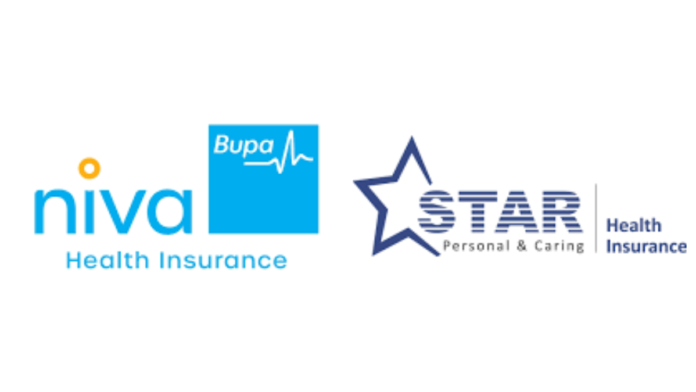Health insurers may need to raise premiums by 3–5% to offset the loss of input tax credit (ITC) after the full GST exemption on individual life and health policies, Kotak Institutional Securities said in a report.
The brokerage noted that despite a possible price hike, customers would still benefit from a 12–15% reduction in prices, which could support demand for the sector.
Why insurers need to raise premiums
Health and life insurance policies were taxed at 18%. On Wednesday, Finance Minister Nirmala Sitharaman announced a full GST exemption on individual life and health insurance policies. The exemption covers all individual life insurance products, including term life, Unit Linked Insurance Plans (ULIPs), endowment policies, and reinsurance. For health insurance, it applies to all individual policies, including family floaters, senior citizen plans, and reinsurance.
ALSO READJoint holders can get tax notices
Insurers currently claim ITC on services such as distribution commissions, reinsurance, promotions, and operational expenses. While GST on reinsurance will also be exempted, companies will continue to pay GST on other services, forcing them to pass on the burden to distribution partners or customers.
“A 3–5% hike in tariffs (for new and existing retail policies) may be required by health insurance companies in order to make them margin-neutral,” Kotak said.
Impact on standalone health insurers
Standalone players such as Star Health, Niva Bupa and Care Health may need to raise tariffs by 1–4% to offset the impact of the exemption, the report added.
Kotak estimated that Star Health paid GST of over ₹3,000 crore in FY25, assuming an 18% rate on all policies sold in the previous year, and availed ITC of ₹395 crore. “The ITC benefit on items other than reinsurance, proportionate to the retail business, is now lost. In order to be margin-neutral, the company will need to raise tariffs by about ~1–3%,” Kotak said.
The impact will likely be higher for Niva Bupa (4%) compared to Star Health (1%) due to its higher expenses and ceding ratio. Kotak said Niva Bupa paid ₹1,217 crore in GST and availed ITC of ₹545 crore. Care Health may need a 2% tariff hike, having paid ₹1,263 crore in GST and availed ITC of ₹392 crore.
ALSO READLooking for best SIPs? Top 5 mutual funds that delivered up to 37% annualised returns in 3 years
Tariff revisions may also come with a lag,
» Read More


